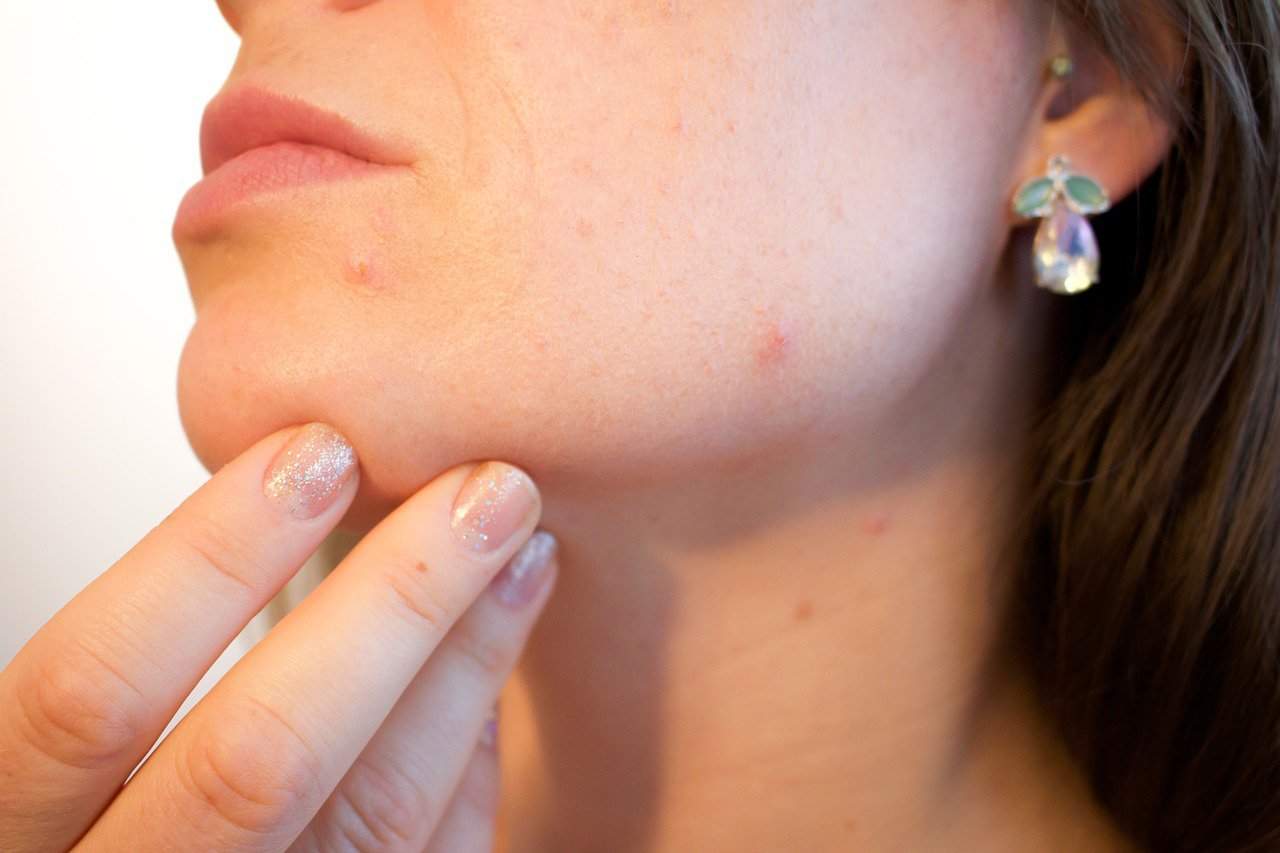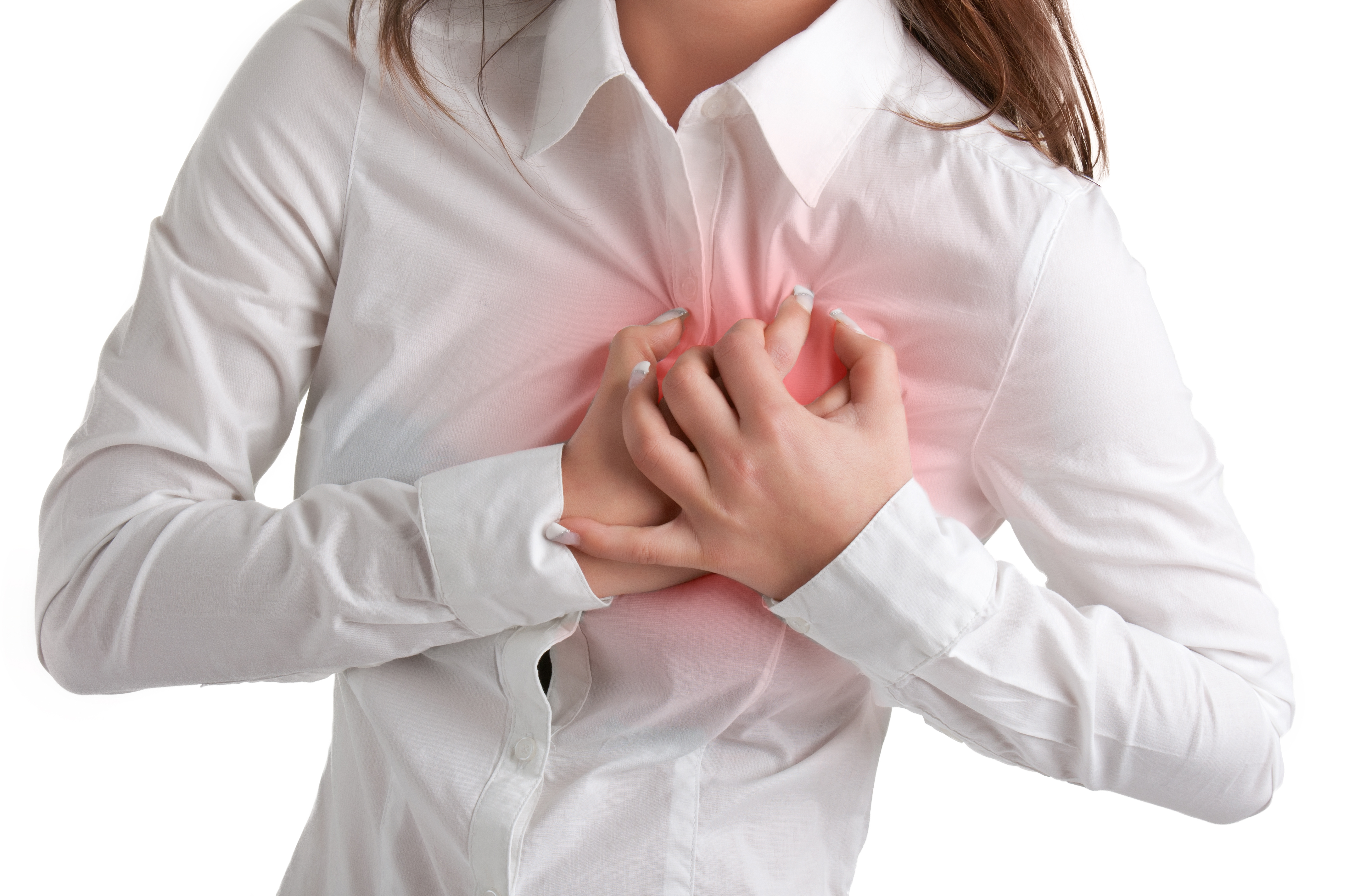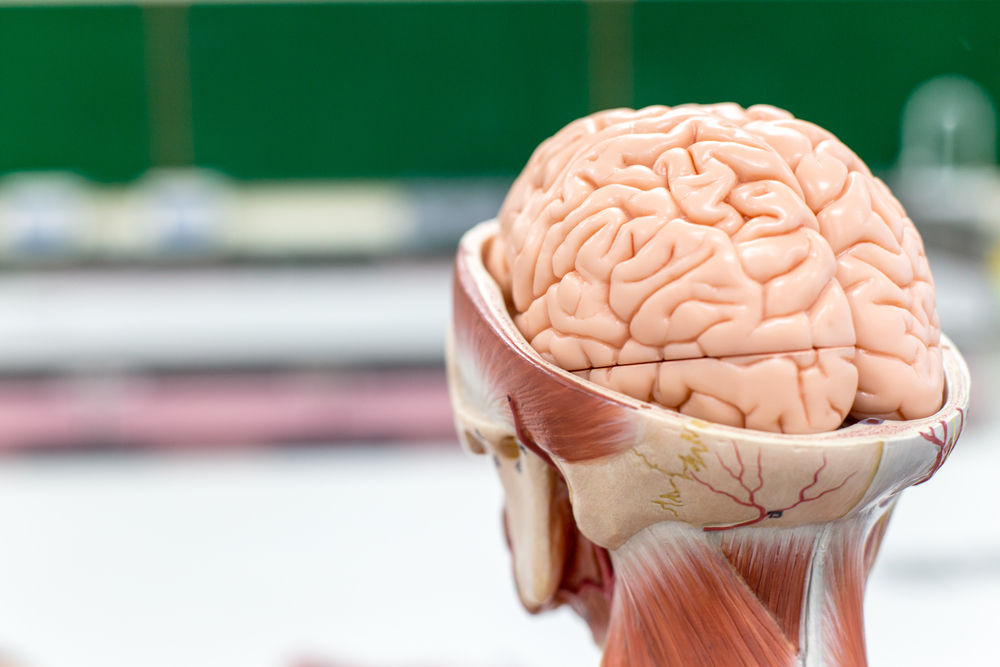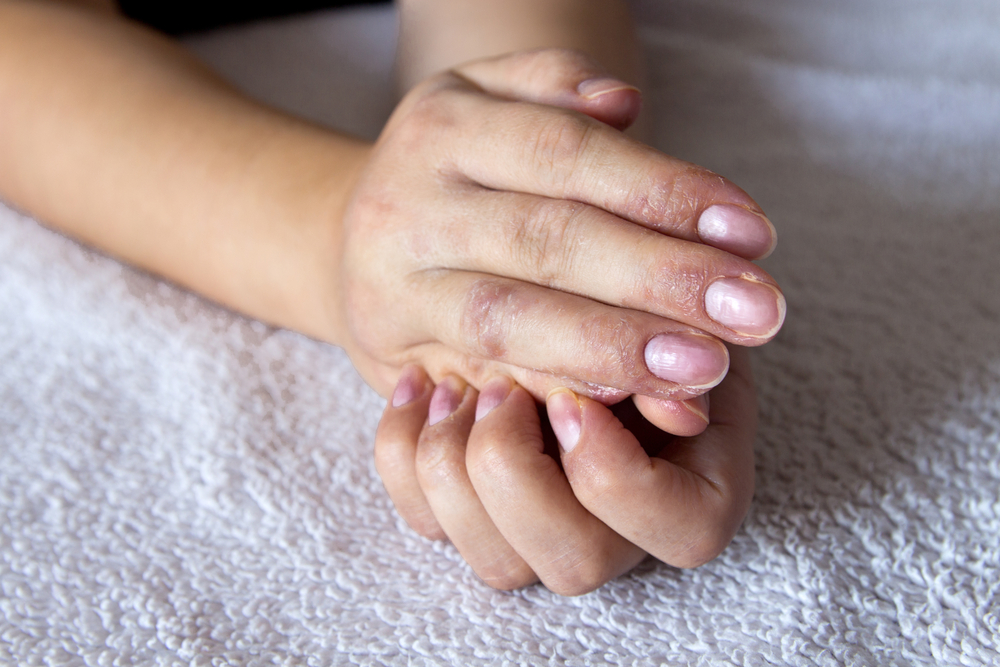Contents:
- Medical Video: 10 Acne Myths Skin Experts Want to Warn You About
- Myth of acne 1: The more often you wash your face, the fewer pimples you have
- Acne Myth 2: Sunscreen can irritate acne
- Myth of acne 3: Acne will disappear when you are an adult.
- Pimple Myth 4: Toothpaste can treat your pimples.
- Myth of acne 5: Stress causes acne.
- Acne Myth 6: You cannot use facial makeup when you have acne.
- Acne Myth 7: Chocolate and soda can trigger acne.
- Acne Myth 8: Squeezing zits can make acne heal faster.
- Myth of acne 9: Sweet foods and oily foods make it spotty.
- Myth of acne 10: Sex causes acne.
Medical Video: 10 Acne Myths Skin Experts Want to Warn You About
Acne is the most common skin condition, affecting many people at certain times in their lives. A lot of information about acne on the internet is spread among friends and family. Some can be trusted, but some are just rumors. Here are 10 acne myths that we will discuss.
Myth of acne 1: The more often you wash your face, the fewer pimples you have
Keeping the skin clean is important, but cleaning too often can make the skin dry. You must wash your face twice a day with a gentle cleanser. To prevent dry skin, use a moisturizer that matches your skin type.
Acne Myth 2: Sunscreen can irritate acne
Although some sunscreens contain ingredients that aggravate acne conditions, sunscreen is important to protect the skin from sun damage. Look for the right sunscreen for your skin type. There are 2 types of sunscreen: chemical and physical sunscreen. Chemical sunscreens can cause your skin to react. If your skin is sensitive, use a physical sunscreen such as zinc oxide.
Myth of acne 3: Acne will disappear when you are an adult.
Acne is most common in adolescents, but can affect adults at the age of 30, 40 and even 50 years. This condition is often referred to as adult acne. Adult acne usually caused by hormonal changes or the treatment you use. Like normal acne, adult acne must be treated immediately to prevent the condition of acne from worsening.
Pimple Myth 4: Toothpaste can treat your pimples.
You may have heard that applying toothpaste can get rid of zits. This myth has declined from generation to generation. Although there may be an ingredient that can dry out acne, toothpaste is not recommended for treating acne. There are many other ingredients that can irritate zits, causing the pimples to become red and inflamed. Use products with ingredients that are proven to overcome acne such as benzoyl peroxide and salicylic acid.
Myth of acne 5: Stress causes acne.
Stress may be related to acne, but it has not been proven to cause acne. The relationship shows that when you feel stressed, the stress hormone cortisol increases in the blood. Cortisol can stimulate oil glands to increase oil production, making skin prone to acne.
Acne Myth 6: You cannot use facial makeup when you have acne.
If your pimples are not inflamed, you can use a facial makeup product specifically for acne prone skin. You can see it on labels and look for terms like "non-acnegenic" or "non-comedogenic". These products usually do not clog the pores. Also, don't forget to clean your makeup before going to bed.
However, if you have inflamed pimples, red and sore, you should avoid cosmetics on the face, because your skin can be irritated by ingredients from cosmetics.
Acne Myth 7: Chocolate and soda can trigger acne.
No evidence found that chocolate and soda can cause acne. Chocolate and soda are rich in sugar, making the skin at risk for acne. There is a relationship between diet and skin, but more research is needed that shows the direct cause. If you are worried about your acne, it's better to avoid chocolate and soda.
Acne Myth 8: Squeezing zits can make acne heal faster.
If you think you can break zits properly, think again. Solving pimples can irritate acne, making it more inflamed and possibly leaving marks. You also run the risk of spreading bacteria to the surrounding skin cells, slowing down the recovery process.
Myth of acne 9: Sweet foods and oily foods make it spotty.
There are no direct links that prove diet can cause acne. This does not mean you can eat fried potatoes, chips and fried chicken every day. Proper nutrition is important for your health. It's okay to enjoy the food once in a while. But it's important for your diet to contain fruits, fresh vegetables, and lean meat. You have to limit foods that are rich in sugar and fried.
Myth of acne 10: Sex causes acne.
Sex is associated with an increase in androgen levels. Although androgens have been shown to cause acne, there is not enough evidence that sex can cause acne.
To get facts about acne, you can consult your dermatologist. Understanding the causes of acne can give you the best solution to deal with acne.
READ ALSO:
- Preventing and Overcoming Acne on the Back
- Safe Way to Squeeze Acne
- 8 Mistakes You Make In Overcoming Acne












